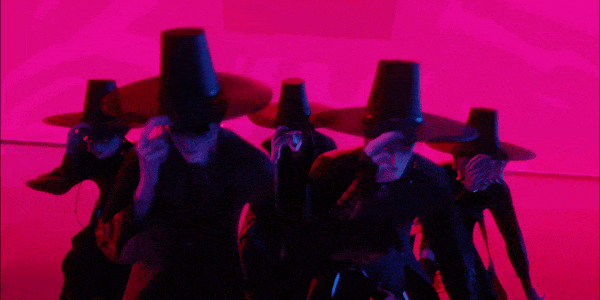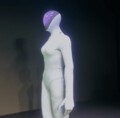A Church of England school in Dorset, southern England, has sparked controversy after banning a song from the Netflix animation K-Pop Demon Hunters, known informally as K-DeHun, on the grounds that it is not compatible with Christian principles.
According to the BBC on the 17th (local time), the school asked parents to ensure their children do not sing the soundtrack on school grounds because references to “demons” in the lyrics had made some members of the community deeply uncomfortable.
In a notice sent to parents on 14 November, the school explained that some within the community felt the song conflicted with their faith-based beliefs and said the measure was intended to show consideration for the school’s diverse religious backgrounds.

“Isn’t it a bit ridiculous?”… mixed reactions among parents
Speaking to the BBC, one atheist parent said: “Honestly, it’s a bit silly. My daughter loves K-pop, as do most of her friends. I don’t really see why it needs to be banned.”
However, not all parents were opposed to the school’s decision.
In a follow-up message on the 17th, the school said it had also received feedback from parents who felt the K-DeHun song delivered positive themes, including teamwork, courage and kindness.
The school added that while what children consume at home is entirely up to parents, the word “demon” itself made some Christian families very uncomfortable, and that helping pupils understand different perspectives was part of the school’s role.
Why did the school object to the word ‘demon’?
The Church of England is generally regarded as one of the more open and liberal Christian denominations. Even so, the question of how to deal with media that casually references demons or evil spirits remains sensitive in school environments.
Within Christian tradition, demons are viewed as real embodiments of evil. Some believers consider it inappropriate to present them in a cute or playful manner or to treat them as entertainment icons. The idea of the fictional boy band “Lion Boys” being demons could therefore be interpreted as trivialising or normalising the demonic.
Some parents are also concerned that a fantasy narrative in which young characters defeat demons through singing may conflict with Christian teachings, which emphasise that spiritual battles are carried out through the power of God, Jesus and the Holy Spirit.
Faith versus pop culture… debate likely to continue
The incident has reignited a long-running discussion about tensions between religious values and modern pop culture.
Critics argue that schools should place children’s creativity and cultural diversity above the discomfort of particular religious groups. On the other hand, supporters of the school’s stance say that the content offered to young pupils should be in line with the school’s spiritual ethos and moral framework.
The decision to ban the K-DeHun soundtrack may appear to be a brief controversy, but it reflects a recurring debate that surfaces whenever Church schools encounter contemporary entertainment.
A single K-pop inspired animation has unexpectedly triggered a discussion about religious sensitivity, highlighting a striking example of cultural friction within British society.
Outsider Columnistㅣsjb17767@gmail.com

![[동학] 카카오톡 친구탭, 결국 12월 롤백… “격자형 피드는 선택 옵션으로”](https://cdn.kmjournal.net/news/thumbnail/custom/20251126/5517_10550_1119_1763853080_120.jpg)


![[테크 칼럼] 제미나이3, GPT-5.1을 넘다…AI는 이제 ‘일을 대신하는 시대’로 간다](https://cdn.kmjournal.net/news/thumbnail/custom/20251126/5457_10454_4847_1763621329_120.jpg)



![[낭만 테크 시대] AI 대항해 시대](https://cdn.kmjournal.net/news/thumbnail/custom/20251126/5603_10714_4334_1764121414_160.jpg)

